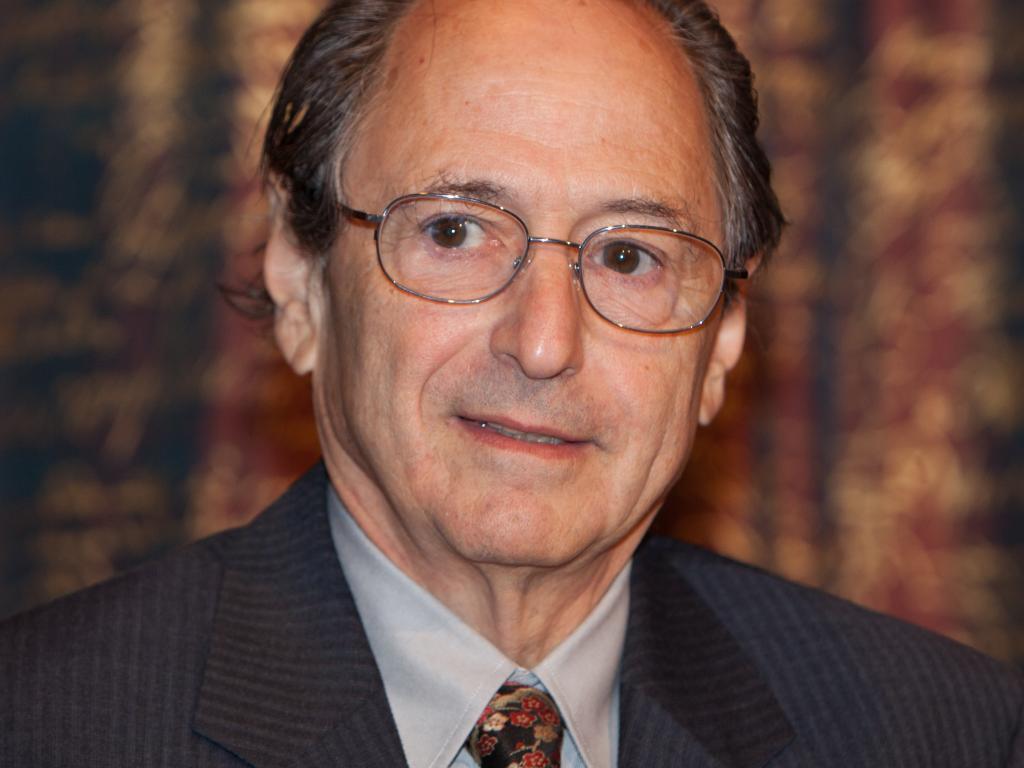Michael Levitt, Nobel Prize winner, visits IDM

Professor Michael Levitt, Nobel prize winner 2013, ASSAf Distinguished Visiting Scholar, and Professor of Structural Biology at Stanford University School of Medicine, presented a seminar to the IDM entitled ‘Birth & Future of Multiscale Modelling of Macromolecules’. Prof Levitt was sponsored by the ASSAf and hosted by the IDM, with introductions by Dr Mohlopheni Jackson Marakalala, Division of Immunology and Associate Member of the IDM, on the day.
Prof Levitt was awarded the 2013 Nobel Prize for Chemistry (shared with Martin Karplus and Arieh Warshel) for developing accurate computer models of chemical reactions that were able to use features of both classical physics and quantum mechanics. He is described as an American-British-Israeli biophysicist and a pioneer of computational biology. His diverse interests have included RNA & DNA modelling, protein folding simulation, classification of protein folds & protein geometry, antibody modelling, molecular dynamics in solution and secondary structure prediction, amongst others.
Michael Levitt was born in Pretoria, South Africa. He studied first at the University of Pretoria from the age of 15 but later moved to King's College, London where the tradition of biophysics was strong (1964-1967). After a period spent at the Weizmann Institute of Science in Rehovot, Israel, Levitt completed his PhD at the Laboratory of Molecular Biology in Cambridge, England, the infamous MRC lab in Cambridge where four British Nobel Laureates had at the time all worked, working closely with Francis Crick and Aaron Klugers. He later spent time with Francis Crick at the Salk Institute in San Diego (1977-1979), and again at the Weizmann Institute. Since 1987, he has worked at Stanford University where he was initially a consultant for Protein Design Labs involved in the development of current anti-cancer drugs, to later become Chair of the Department of Chemical Physics. His current postdocs work on protein evolution, the crystallographic phase problem and Cryo-EM refinement.
Prof Levitt suggests “It is not easy when people start listening to all the nonsense you talk. Suddenly, there are many more opportunities and enticements than one can ever manage”. “I have also adopted a pet project, namely to try to ensure that the young scientists today get all the opportunities afforded to us baby boomers. Failure to do this will dry up the well of innovation that is so important for all aspects of a modern society”.
